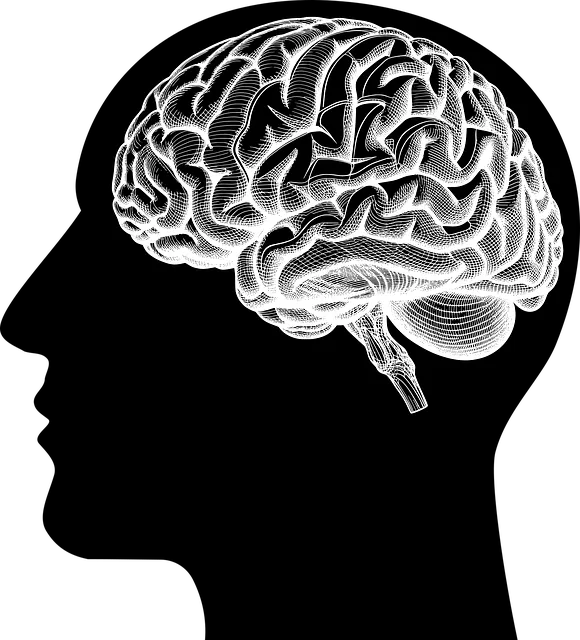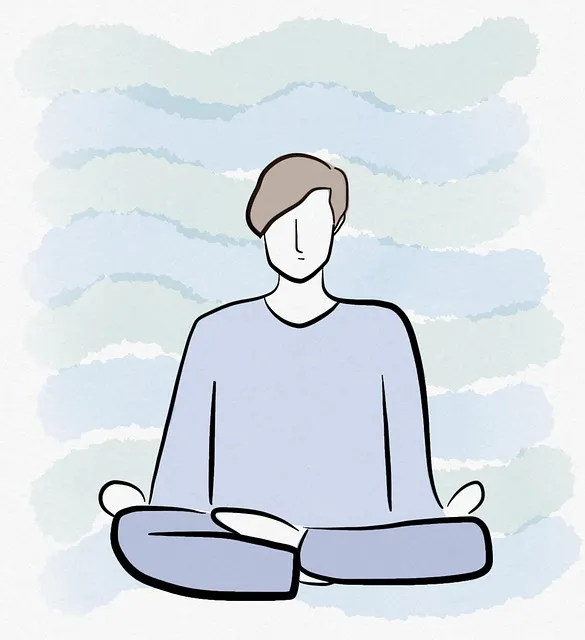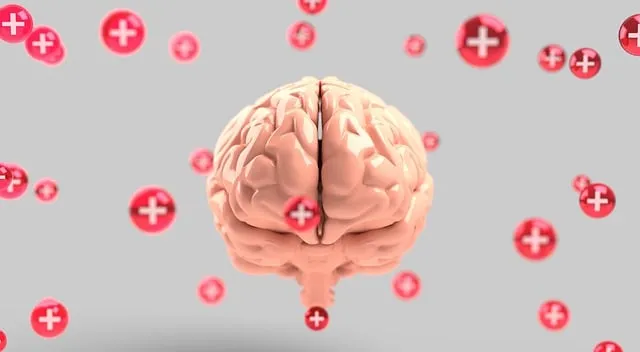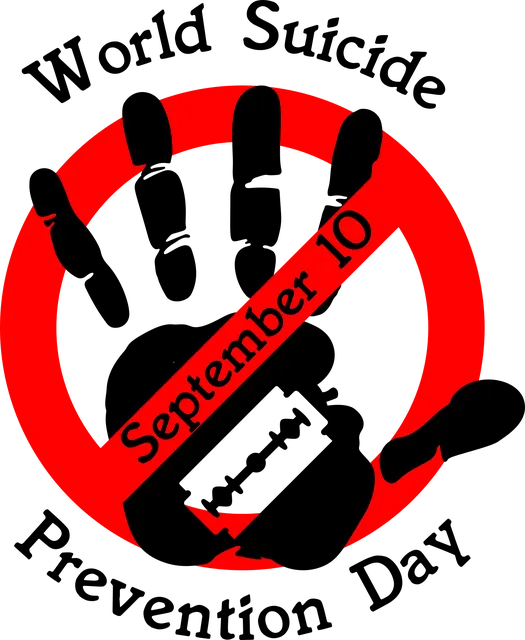The Superior Kaiser mental health programs focus on building resilience through the RFM framework: Resilience, Flexibility, and Mastery. These programs incorporate mindfulness, cognitive reframing, group discussions, and peer support to enhance emotional regulation, stress management, and self-esteem, ultimately promoting mental well-being.
“Unleash your inner resilience with an exploration of RFM, a powerful framework designed to bolster mental fortitude. This article delves into the art of enhancing mental well-being through tailored exercises, offering practical insights for personal growth.
We’ll guide you through the process of designing effective sessions, showcasing how RFM can be seamlessly integrated into Superior Kaiser mental health programs. Discover the benefits of this innovative approach, fostering resilience and transforming lives.”
- Understanding RFM: A Framework for Mental Resilience
- Designing Effective Resilience Building Exercises
- Integrating RFM into Superior Kaiser Mental Health Programs
Understanding RFM: A Framework for Mental Resilience

Resilience is a crucial aspect of mental well-being, especially in today’s fast-paced and demanding world. The RFM framework—a pioneering concept in Kaiser mental health programs—offers a structured approach to building this mental fortitude. RFM stands for Resilience, Flexibility, and Mastery, three key elements that collectively foster an individual’s ability to navigate challenges and maintain a positive mindset.
By focusing on these dimensions, the Superior Kaiser mental health programs aim to equip individuals with effective tools to combat stress, burnout prevention, and even self-esteem improvement. The RFM model encourages self-care practices that promote flexibility in thinking and acting, enabling people to adapt to changing circumstances. It also emphasizes mastery over one’s thoughts and emotions, helping individuals develop a sense of control and confidence, thereby enhancing overall resilience and mental health.
Designing Effective Resilience Building Exercises

Designing effective resilience building exercises involves tailoring activities that cater to individuals’ unique mental health needs and goals. Superior Kaiser mental health programs recognize that fostering resilience is a multifaceted process. Thus, exercises should encompass various components like emotional regulation techniques, stress management strategies, and positive self-talk practices. The goal is to empower participants with tools to navigate challenges effectively while enhancing their self-esteem and overall well-being.
When creating these programs, it’s essential to incorporate activities that promote self-awareness and coping mechanisms. This might include mindfulness practices, cognitive reframing exercises, or creative outlets like writing or art therapy. Additionally, promoting mental illness stigma reduction efforts through group discussions and peer support can create a safe space for open conversations, fostering understanding and solidarity among participants.
Integrating RFM into Superior Kaiser Mental Health Programs

Integrating RFM (Resilience, Flexibility, and Mindfulness) into Superior Kaiser Mental Health Programs offers a comprehensive approach to addressing the complex needs of individuals within our communities. By incorporating techniques such as mindfulness meditation and trauma support services, these programs can enhance existing mental health policy analysis and advocacy efforts. This holistic integration empowers individuals to build resilience, fostering adaptability in navigating life’s challenges.
The implementation of RFM strategies within Superior Kaiser mental health initiatives ensures a more robust and effective support system. It enables participants to develop coping mechanisms that promote long-term well-being, thereby reducing the reliance on crisis interventions. With a focus on mindfulness, individuals gain tools to manage stress, improve focus, and cultivate emotional regulation skills, which are essential for maintaining mental health and overall resilience.
Implementing RFM, a powerful framework for mental resilience, into superior Kaiser mental health programs can significantly enhance patient well-being and coping abilities. By designing effective resilience-building exercises tailored to individual needs, healthcare providers can empower patients to navigate challenges with greater fortitude. Integrating these strategies into existing Kaiser programs offers a holistic approach to mental health support, fostering a sense of empowerment and adaptability among participants.






